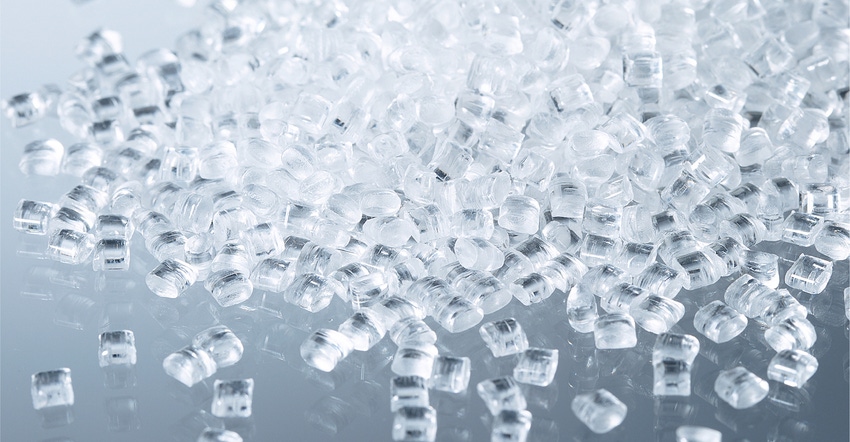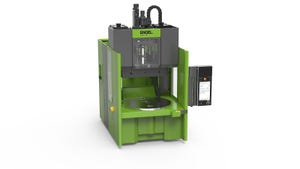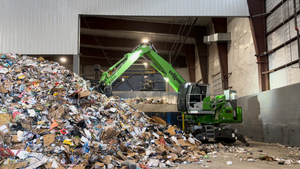Japanese Resin Makers Collaborate to Market Biomass-Derived Polycarbonate
Mitsui Chemicals will supply biomass-derived BPA to Teijin, which will use it to produce biomass polycarbonate resin.
August 22, 2022

Mitsui Chemicals Inc. and Teijin Ltd. will become Japan’s first companies to develop and market biomass-derived bisphenol A (BPA) and polycarbonate (PC) resins to support efforts to achieve carbon neutrality by reducing greenhouse gas (GHG) emissions throughout a product’s life cycle.
The joint initiative follows Mitsui Chemicals’ receipt of ISCC PLUS certification from the International Sustainability and Carbon Certification (ISCC), based on which Mitsui Chemicals will begin supplying biomass BPA produced with the mass-balance approach. Teijin also will begin developing and producing biomass PC resin using the same BPA.
In May 2022, Mitsui Chemicals acquired ISCC PLUS certification for BPA raw materials used in PC resins. Mitsui Chemicals will now become the first Japanese company to produce commercial biomass-derived BPA offering the same physical characteristics as conventional petroleum-derived BPA.
Teijin will procure biomass-derived BPA from Mitsui Chemicals to produce biomass-derived PC resins possessing the same physical characteristics as the company’s existing petroleum-derived PC resins. The new biomass-derived versions will be used in commercial applications such as automotive headlamps and electronic components.
By expanding sales of products containing plastics produced through biomass conversion, the two companies aim to develop and produce more environmentally friendly products throughout their supply chains. Mitsui Chemicals, for example, is considering expanding its procurement network for bio-based hydrocarbons in order to provide stable supplies of related products to the market. The company, which is in the process of acquiring ISCC PLUS certification for biomass naphtha derivatives, has already received certification for phenol, acetone, BPA, and alpha-methyl styrene.
The aim is to acquire ISCC PLUS certification for all of the company’s phenol-chain products and then commence sales by March 2024. Teijin also expects to acquire ISCC PLUS certification in the first half of fiscal 2023 and thereafter start commercial production of biomass-derived PC resins. Teijin plans to emphasize to customers that conventional petroleum-derived PC resins can be easily replaced with biomass-derived versions for more environmentally friendly products.
Demand to reduce GHG emissions throughout supply chains to support carbon neutrality is rapidly increasing, creating a need for more low-environmental-impact products. PC resins recycled from used final products are applicable in automotive and electronics uses, so the development of diverse low-environmental-impact PC resins is highly anticipated.
Since December 2021, Mitsui Chemicals has been using naphtha crackers as core equipment in its petrochemical plants, allowing petroleum-derived naphtha to be replaced with waste vegetable oil and residual oil-derived bio-based hydrocarbons. The company plans to continue introducing derivatives by using the ISCC PLUS–certified mass-balance approach to produce biomass-derived raw materials via chemical reaction. Teijin, meanwhile, will continue developing low-environmental-impact recycled PC resins, in addition to conventional PC resins using petroleum-derived raw materials.
You May Also Like


